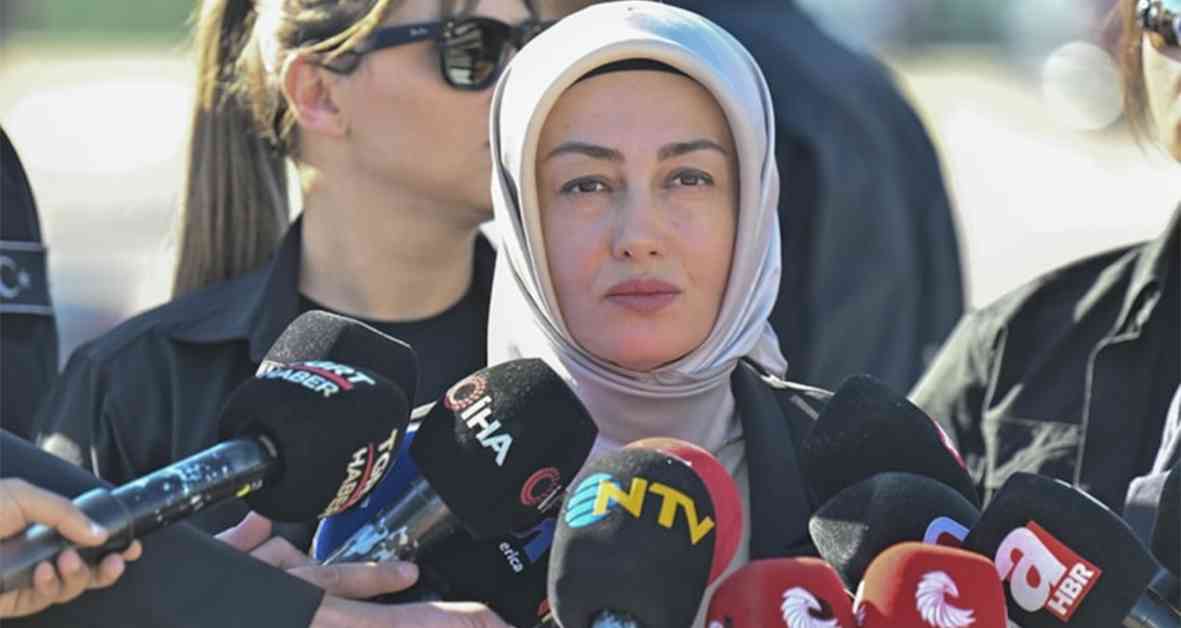Ayşe Ateş Speaks Out on Verdict in Sinan Ateş Case
The recent verdict in the case of the murder of former Ülkü Ocakları President Sinan Ateş has brought heavy life imprisonment sentences for the defendants Eray Özyağci, Vedat Balkaya, Suat Kurt, Doğukan Çep, and Tolgahan Demirbaş. Following the decision, Sinan Ateş’s widow, Ayşe Ateş, has broken her silence with her first statement.
Ayşe Ateş expressed her disappointment and frustration with the legal process, questioning whether it was a mistake to seek justice. She emphasized the importance of holding criminals accountable and seeking justice for her late husband. In a bold statement, she declared, “I am not going anywhere. I will continue the pursuit of justice until every perpetrator is brought to justice, no matter how long it takes. Let’s see who will prevail in the end.”
Challenges in Seeking Justice
Ayşe Ateş’s response sheds light on the challenges faced by victims of crimes in seeking justice in Turkey. The legal system’s complexities and delays often leave families of victims feeling powerless and frustrated. The case of Sinan Ateş is just one example of the difficulties encountered in holding perpetrators accountable and ensuring justice is served.
The emotional toll of navigating the legal process can be overwhelming for those seeking closure and accountability for their loved ones’ deaths. Ayşe Ateş’s determination to continue the fight for justice highlights the resilience and strength required to confront the injustices prevalent in society.
Importance of Advocacy for Victims
Ayşe Ateş’s unwavering commitment to seeking justice serves as a powerful reminder of the importance of advocacy for victims of crimes. Her courage in speaking out against the injustices she has faced inspires others to stand up for their rights and demand accountability from the legal system.
Advocacy for victims is crucial in ensuring they receive the support and resources needed to navigate the complexities of the legal process. By raising awareness and amplifying their voices, advocates can help empower victims to seek justice and hold perpetrators accountable for their actions.
In conclusion, Ayşe Ateş’s response to the verdict in the Sinan Ateş case highlights the challenges and importance of seeking justice for victims of crimes. Her determination to continue the pursuit of justice is a testament to her strength and resilience in the face of adversity. As we reflect on her words, let us remember the significance of advocacy for victims and the need to uphold justice in our society.











